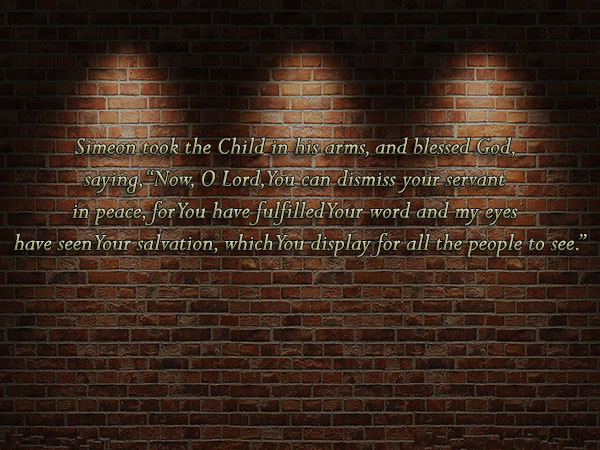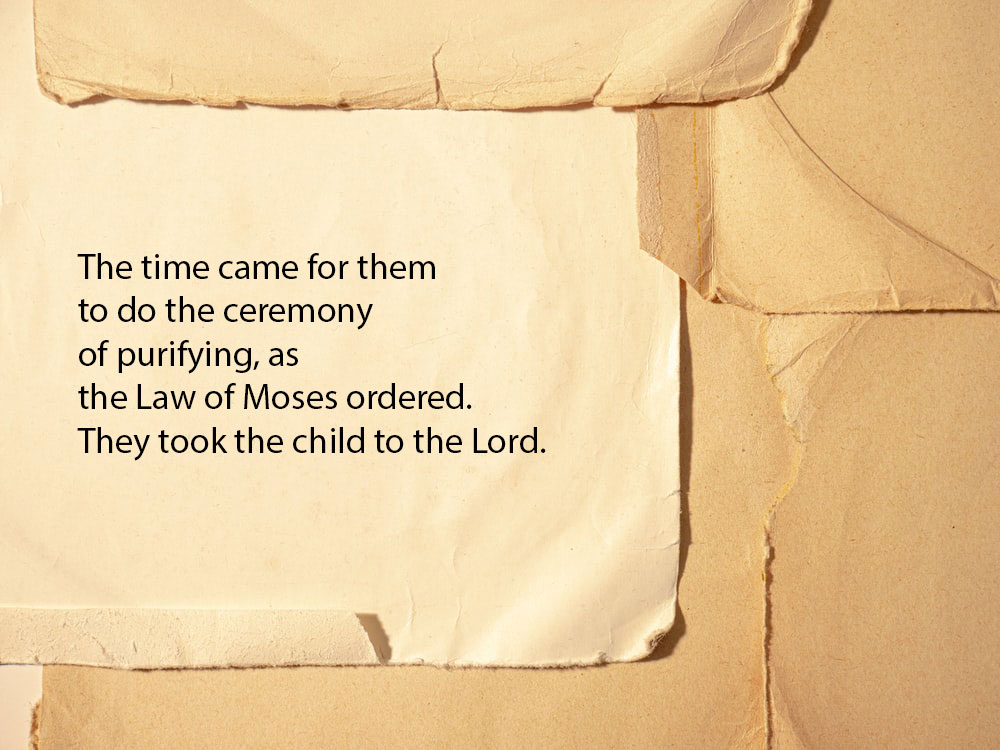 By Louise P. Abesa
By Louise P. Abesa
The beauty of democracy that we enjoy now is that every single Filipino of legal age and who fulfills the 6-month residency requirement of the COMELEC is empowered to help shape the destiny of his/her country.
Last May 14, 2018, Filipinos have gone to the polls to choose both the youth and adult leaders of their respective barangays. The elections were generally peaceful.
A year from now, in May 2019, the country will choose a new set of senators and congressmen in the mid-term elections. And if events would turn in favor of the wishes of the senators and members of the lower house allied with the Duterte administration, another significant choice has to be made by the Filipinos: YES or No to Charter Change. Senate President Koko Pimentel hopes that by that time, Congress would have crafted a new constitution ready for a plebiscite.
To expedite the work of the Congress, President Duterte has formed a 19-member Constitutional Commission. The Con-Com’s role will be purely recommendatory since the power to propose amendments still belongs to the legislature under a Constituent Assemby.
According to the July 2017 Pulse Asia survey, about 73% of Filipinos admit that they don’t know anything about the constitution. The “que sera, sera” or just getting by Filipinos wouldn’t lift a finger to get to know anything about the constitution and would rather let the congressmen and senators do all the thinking for them. This is an easy way to kill democracy. This is tempting the leadership to desire absolute power because in the end, the leadership will be solely to be held accountable for all the frustrations of the people. The words of wisdom of the late U.S. President John F. Kennedy are still a timely source of inspiration for democracy-loving people: “Ask not what the government can do for you but ask what you can do for the government”.
Provisions for change in the present form of centralized government to federalism top the priorities of the Duterte administration. Federalism itself isn’t bad. I even suggested this form of government to the incoming 2010 administration (which turned out to be the Aquino Administration) through my pre-election article in the April 22, 2010 issue of Daily Tribune. I have taught in different schools in the 6 dioceses of the Archdiocese of Manila (including the dioceses of Novaliches and Caloocan). I have helped the Xaverian Missionaries start the high school department of the St. Francis Xavier Parochial School in Maligaya Park Subdivision, a residential area which sits along the border between Novaliches and Caloocan. I thought federalism would be the ideal form of government to effectively and efficiently development the countryside and decongest Metro Manila (or the Imperial Manila as President Duterte would call her) . However, given all the geopolitical factors, things have to be studied very well before the government takes any radical step. Even incumbent Davao City mayor, Sara Duterte, has expressed her misgivings about federalism because of the warlords in Mindanao.
As regards changes in the economic provisions of the 1987 Constitution, there might be no need for any if we consider the insight of former Chief Justice Hilario G. Davide, Jr. which he shared to the Business Community (MBC, PCCI, MAP and ECOP) on 21 November 2017 at the Manila Polo Club, Makati City: “Shall we now entice or lure our people to amend or revise a Constitution that is not fully implemented and given life primarily because Congress has been sleeping on its solemn duty to pass laws to implement its mandates?”
Before we allow or disallow changes to be made to our 1987 Constitution, let us fully appreciate first what we have.
The 1935 and 1973 Philippine Constitutions, as Atty. Christian S. Monsod explains in the Forum on CFAGS, have been essentially patterned after the Constitution of the United States of America which “gives primacy to civil and political rights because it is a country of immigrants who all started from the same position and only wanted to be free from autocracy.”
Our 1987 Constitution gives social and economic rights equal primacy with civil and political rights because we are a country of inequalities where the starting positions of the rich and the poor are not equal because of our colonial past. Social Justice is about the adjustment of these starting positions.
The 1987 Constitution had not been imposed on us by any colonial power or by a dictatorship. It makes us proud to be a truly independent and democratic nation.
It is edifying to know that our Constitution is considered one of the most progressive in the world alongside that of South Africa. Atty. Monsod points out that “we already have the provisions that many countries are trying to install in theirs in search for peace and development.”
Atty. Neri Javier Colmenares, who has critiqued all attempts to charter change from 2005 to 2013, tells us in his speech on “Charter Change Under the Duterte Administration” (given on March 16, 2018 at the St. John Mary Vianey Hall, San Sebastian Cathedral Bacolod City, Negros Occidental) that: “No Constitution is immutable as constitutional reforms are always needed to address the genuine and developing needs of the people. However, efforts at amending the Philippine Constitution have always been attended by the imposition of self-serving political agenda, such as lifting of term limits, dilution of people’s rights, and further opening up the country to neoliberal economics by completely eliminating ‘protectionist’ provisions in the Constitution. While constitutional reforms are important, charter change must be intended ‘for the better’ and not ‘for the worse’. The current moves at charter change are the ‘worst cha-cha ever’.”
There are two charter change proposals:
- The PDP-Laban proposal which is basically more of a shift to Parliamentary-Federal form of government; and
- The Resolution of Both Houses no.8 (RBH8) filed in the House of Representatives on August 2, 2016.
There are two imminent occasions where we are given the opportunity to practice our democratic rights: the May 14,2018 Barangay and Sanguniang Kabataan elections and the May 2019 mid-term elections cum plebiscite. Let us preserve the beauty of our democracy by making intelligent choices through the ballots.
It would be great if we can also come up with our own critique of the charter change proposals as we make ourselves more informed about the provisions that the proposals would like to amend.
______________________________
Louise P. Abesa is a:
* Contributing Writer, Daily Tribune (1999-present)
Center for Research and Communication, University of Asia and the Pacific, Pasig City








